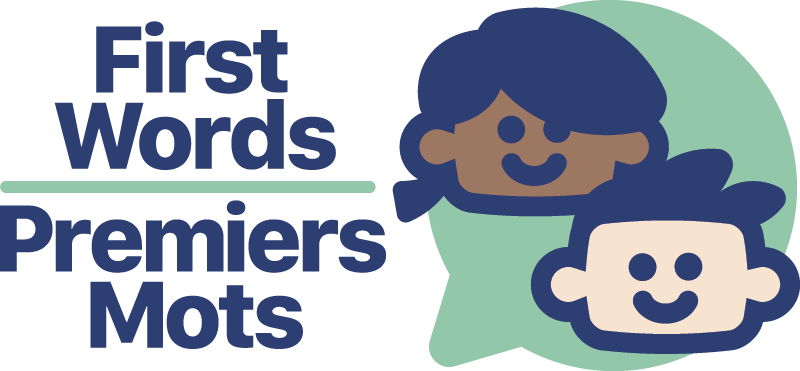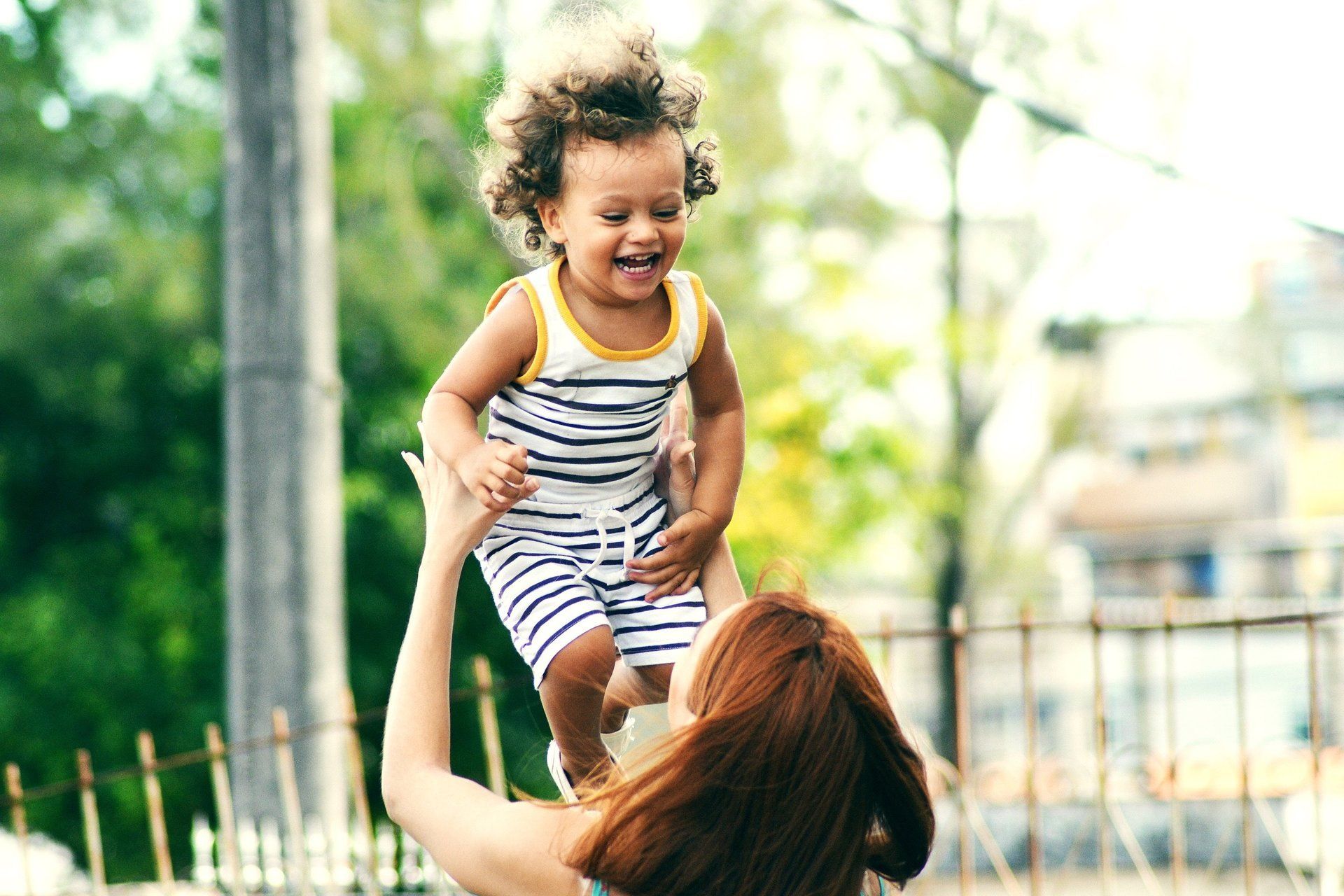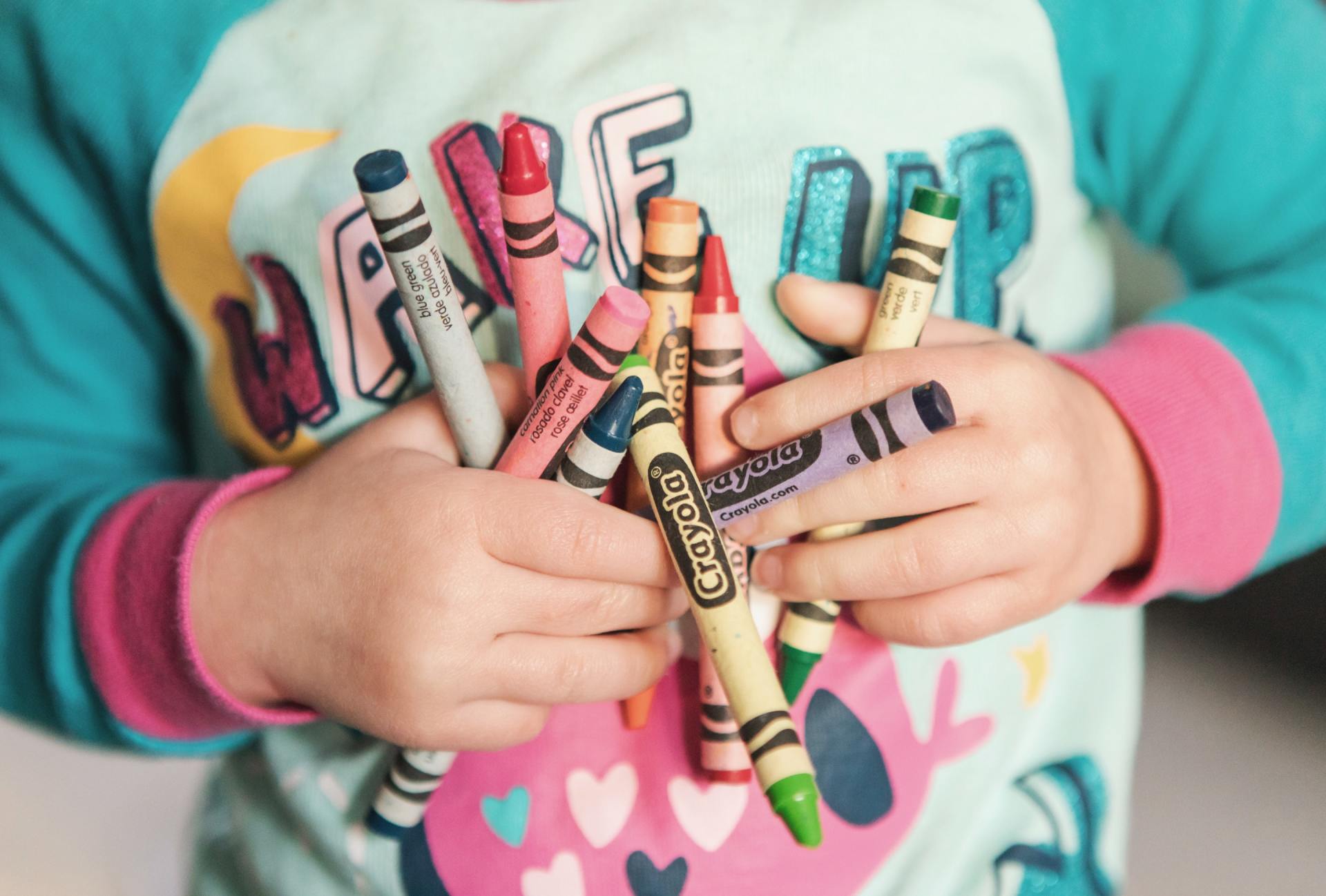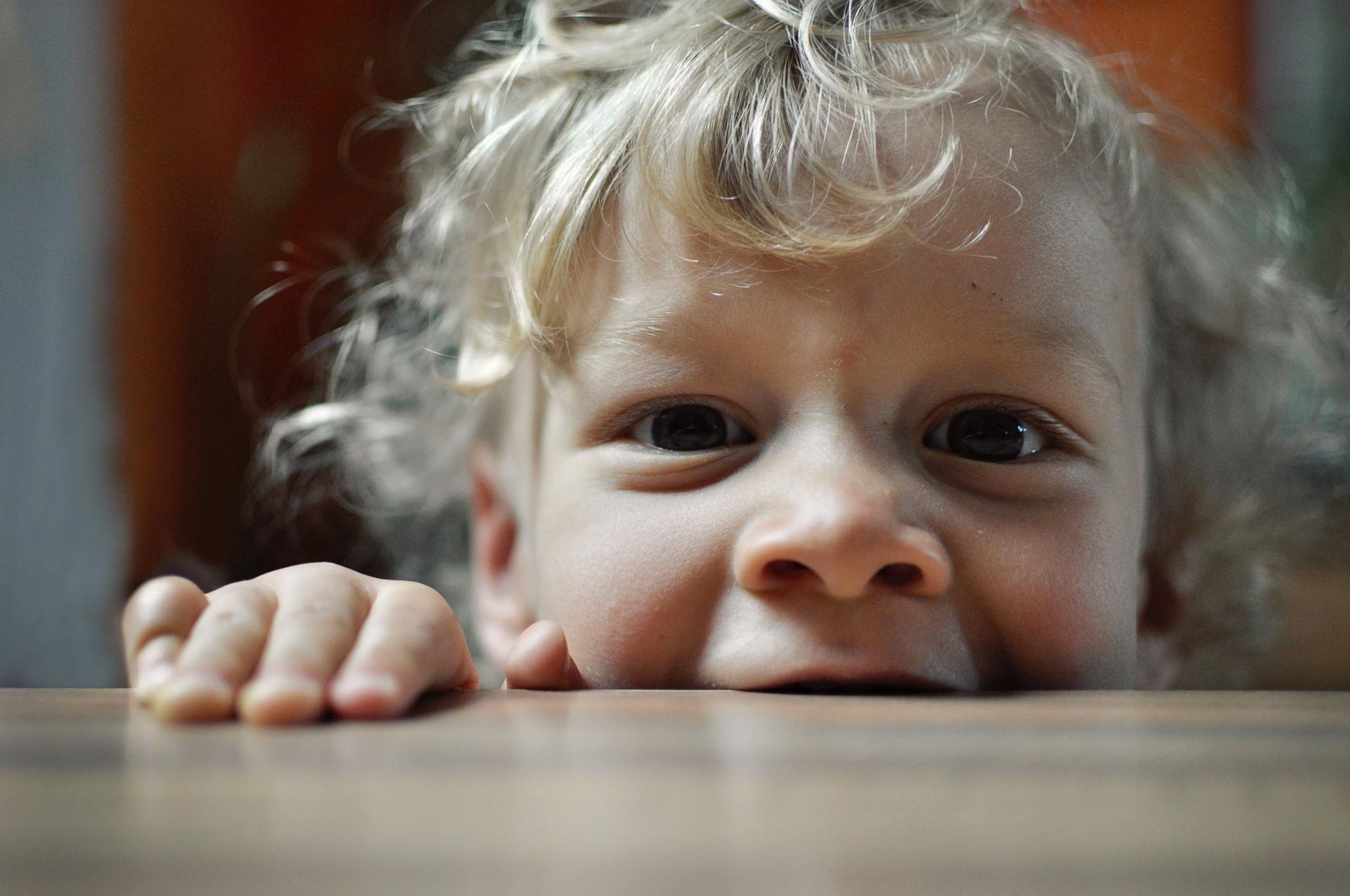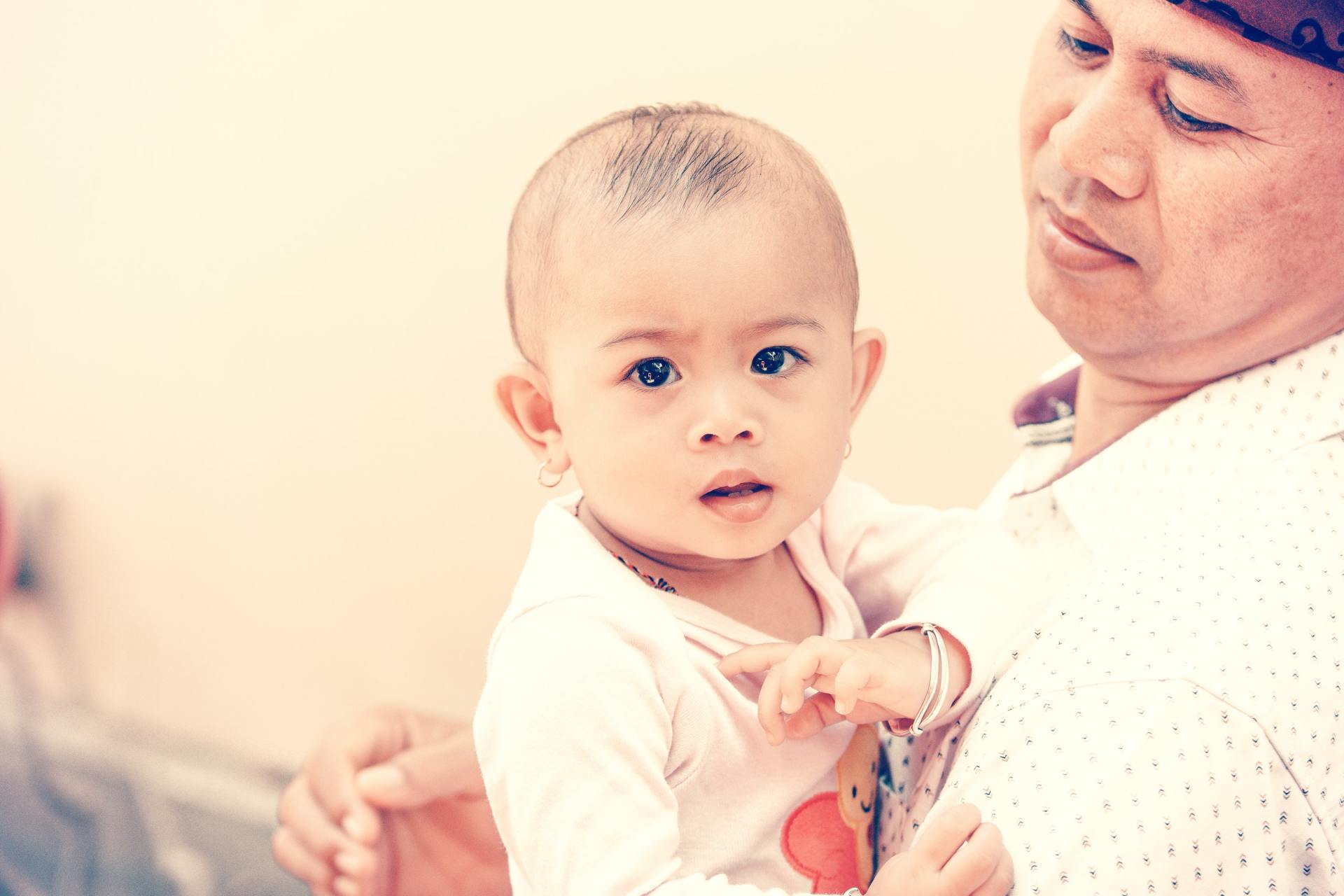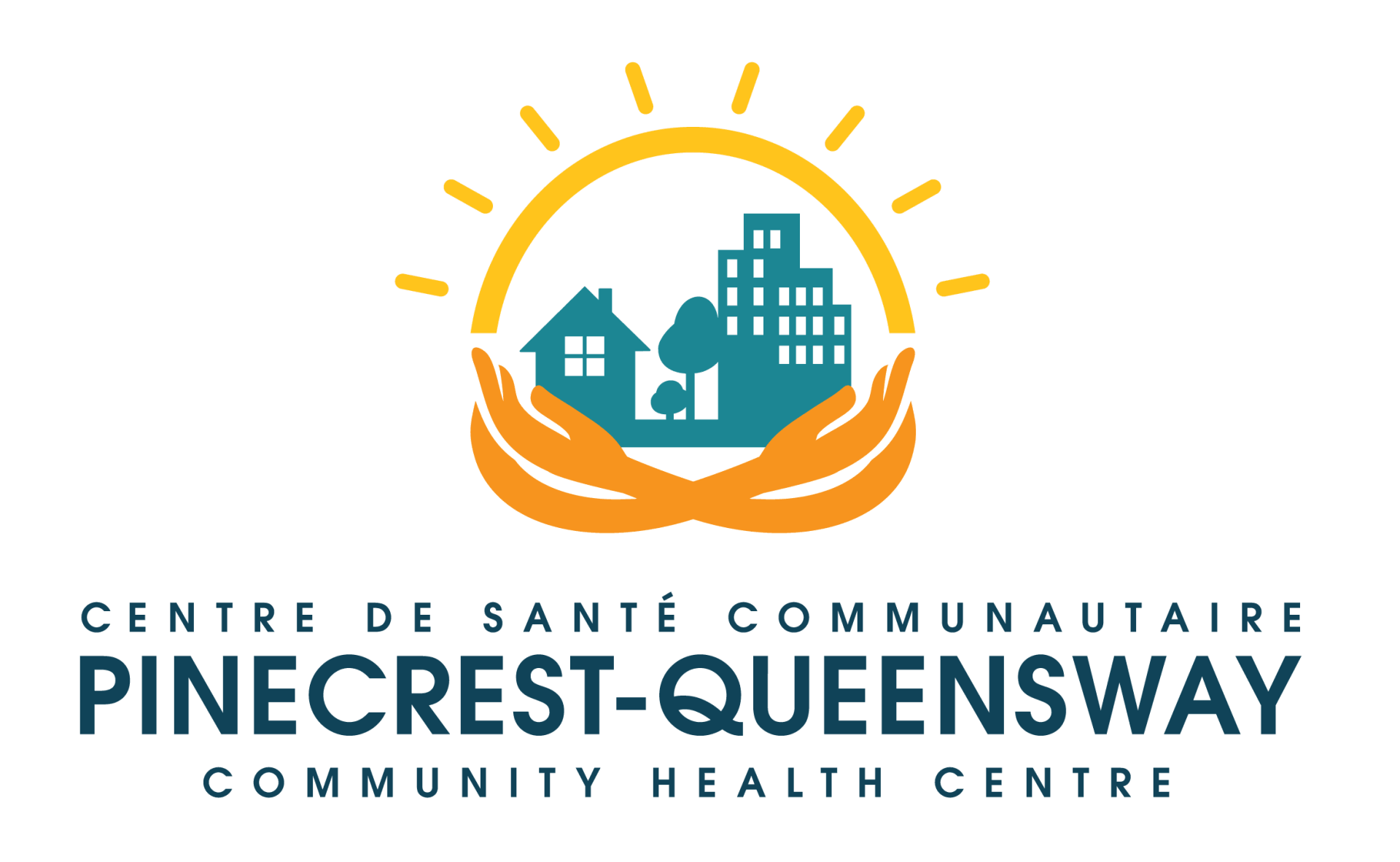BABY
6 months
- Be face-to-face with your baby when you talk and play together.
- Talk to your baby when you wash, dress or feed them.
- Repeat your baby’s sounds and actions.
- Play simple games (e.g. peek-a-boo).
- Sing songs and nursery rhymes.
- Read to your baby.
12 months
- Use actions and gestures to help your baby understand what you are saying.
- Name objects your baby is looking at and playing with.
- Talk to them (using short sentences) about things you do and see during daily routines.
- Take turns making sounds or animal noises.
- Let your baby touch and hold books while you point and name pictures.
- Use real words instead of baby talk (e.g. "give me" instead of “ta ta”).

